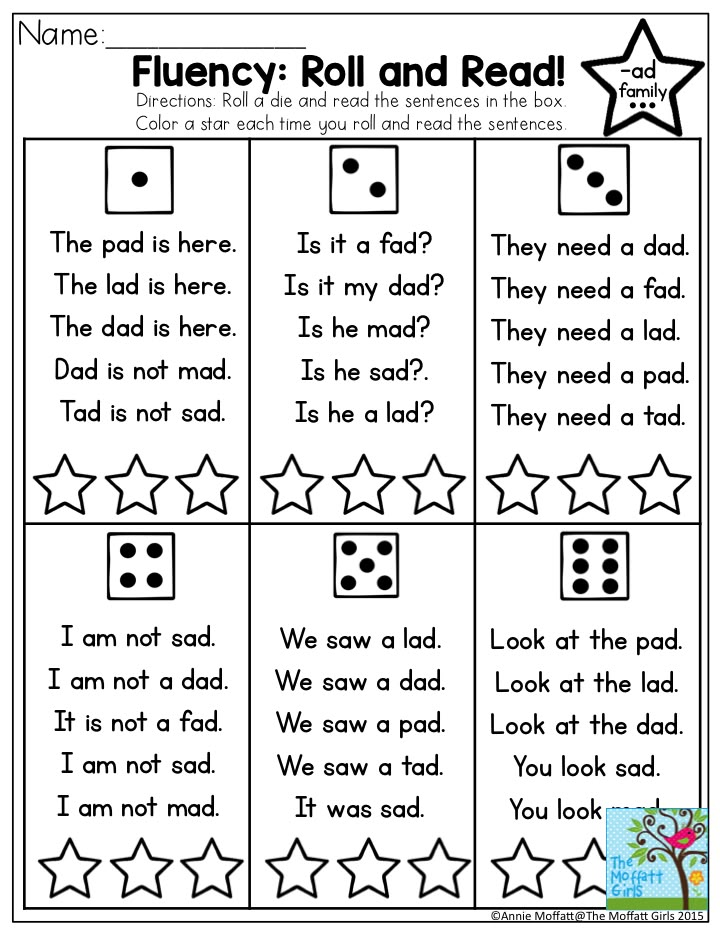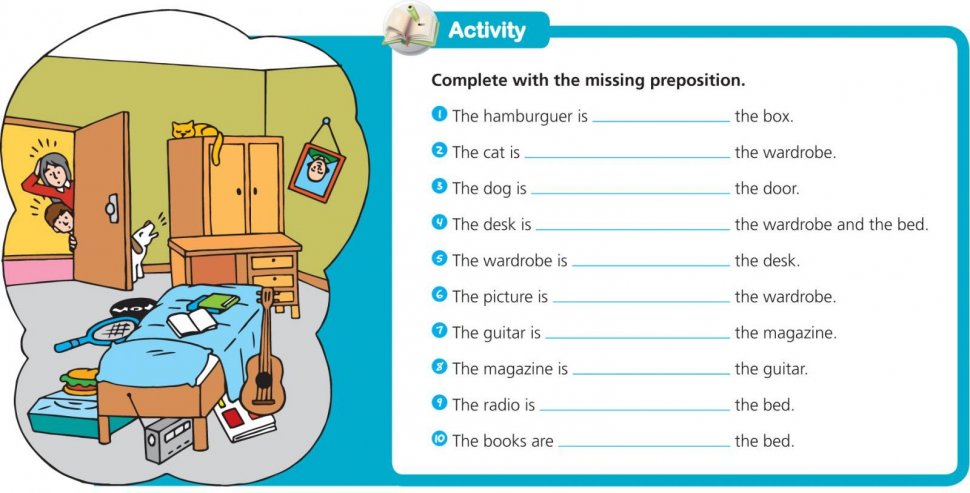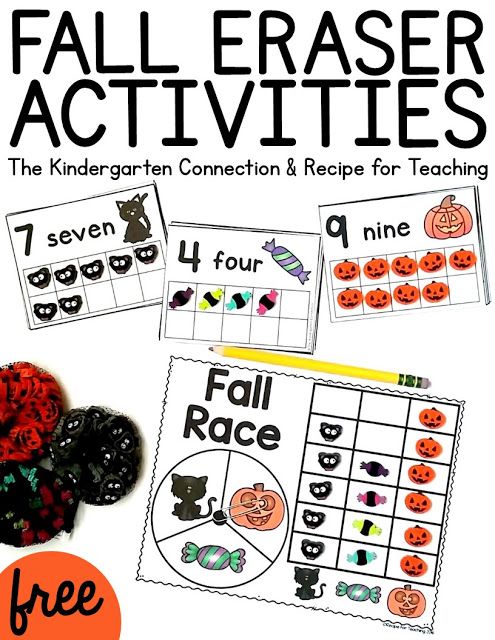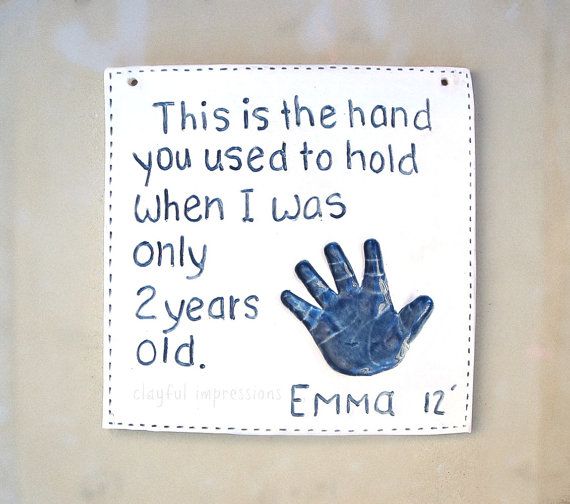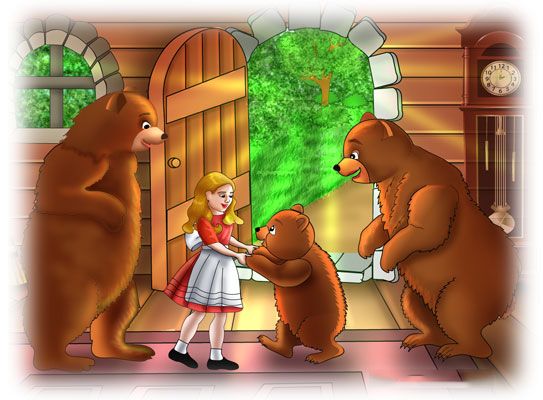Social for children
8 Important Social Skills For Kids And How To Teach Them
Teaching social skills for kids is one of the most complex, confusing, but rewarding aspects of raising young children.
It’s no secret that preschoolers and kindergarteners are naturally egocentric. Even when playing or interacting with others, many children have difficulty sharing, empathizing, collaborating, and cooperating.
HOMER is here to help you learn eight of the most important social skills for kids, as well as how to incorporate them into your family life.
8 Important Social Skills For Kids
1) Sharing
Sharing is a part of daily life. That doesn’t mean it’s easy!
Sharing is a difficult concept for young children to get behind. Toddlers, preschoolers, and kindergarteners have a particularly difficult time, as they are more focused on their needs and desires than the needs and desires of others.
This is normal. The feeling that something “belongs” to them is typically much stronger than their desire to please others.
Even though it’s hard to share, doing so is critical to a child’s social skill development, as it helps them keep and advance friendships. It’s also a great way to bond and show appreciation.
2) Listening
Active listening is an important skill that even some adults struggle with. Properly deciphering and absorbing information requires significant focus.
We all know this can be challenging for young kids, but active listening can strengthen their receptive language skills (the ability to comprehend spoken language).
Receptive language skills help your child:
- Handle social interactions
- Answer questions
- Understand stories
- Comprehend what they’re reading
- Understand gestures
While developing their social skills, your child will come to see how important it is to actively listen when others are speaking.
Paying attention to what someone is saying and responding directly to their statements or questions is a big part of healthy communication.
3) Following Directions
The cousin of good listening skills would be executing the instructions your child heard — a.k.a., following directions!
Following directions becomes particularly important once your child enters into their school years.
It’s one thing to follow directions at home with their parents where they’re innately comfortable; it’s another task entirely to follow directions from adult authority figures they may not know well.
Your child will learn how listening and following directions overlap with one another. If they listen well, it becomes easier for them to follow directions accurately. And when they follow directions accurately, they’ll often be rewarded for their hard work!
Keep in mind, however, that multi-step directions are challenging for young children. To help them develop the ability to follow directions, give them one direction at a time.
4) Collaborating And Cooperating
Similar to sharing, your child will learn how to move beyond sharing objects to sharing ideas, stories, and work.
With good collaboration and cooperation skills, children will learn that working in a group gives them a chance to express their ideas and listen to the ideas of others. It allows them to see that it can be fun to work on a shared project!
This may sound simple, but for young children, cooperation can often require real effort. It will take time for them to learn to respect others’ opinions even when they’re different.
By working together toward a common goal, kids can advance their sharing skills to include both intellectual and physical (think: cleaning the dinner table with a sibling) feats.
5) Patience
How many times have you heard the cliche, “Patience is a virtue”? Well, we are here to say it one more time!
It’s normal for young children to be impatient. However, patience really is one of the most rewarding social skills for kids.
Patience is critical for many things, including maintaining friendships and relationships and achieving big goals that can only be completed over an extended period of time.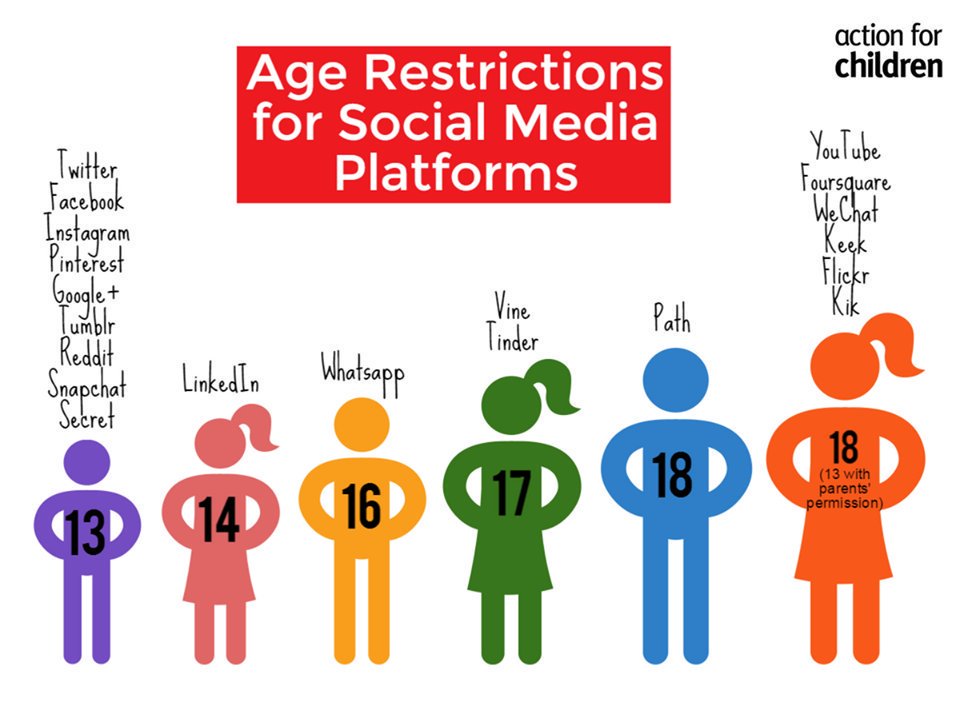
This is where the concept of delayed gratification comes into play. When you help your child understand that good things often take time (not everything in life is microwaveable!), you nurture them into a patient person.
Learning patience takes practice and, you guessed it, patience! Trust that it will come with time (as everything does).
6) Empathy
When we say “empathy,” we’re referring to the traditional definition — the ability to understand and share the feelings of another.
Your child will learn how to appreciate the similarities and differences between their lives and those of people they meet. They will also learn how to empathize with these people, no matter how different they are.
For young children, this can mean small gestures.
For example, if their friend or sibling cries because your child is playing with a specific toy, your child may pause and say, “I know you want to play, too. Don’t be sad. We can take turns!”
But this sense of empathy will likely not appear overnight! Empathy develops over time and across a variety of scenarios.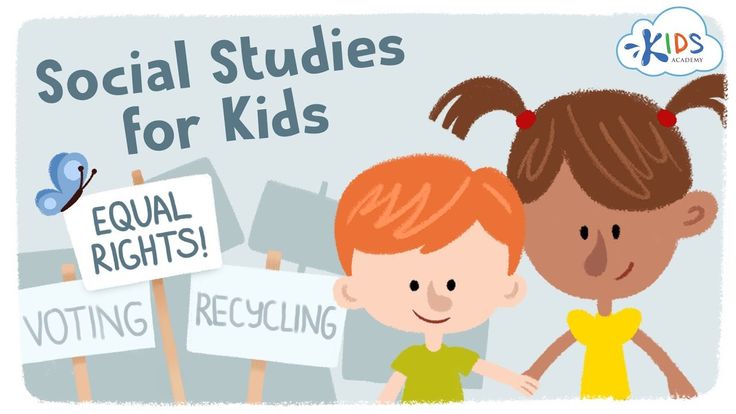
The easiest way to promote your child’s development of empathy is by showing it in action. When you extend grace to your child often, they will learn how to extend it back.
7) Respecting Boundaries
Some people require different emotional and physical boundaries than your child.
This can be a particularly difficult concept to learn, especially for very young children who receive most of their socialization from within the household.
Likely, if your child is extroverted, they may assume everyone is OK with hugs, questions, or lots of chit-chat. In some cases, they may be right! In others, they may accidentally cross boundaries in their efforts to be friendly.
Teaching your child how to ask permission and identify boundaries helps them establish a sense of respect between themselves and others. The same goes for helping them establish boundaries for themselves.
Let your child know that it’s OK to say no to hugs, kisses, or other displays of affection from someone — no matter who it may be — if they feel uncomfortable.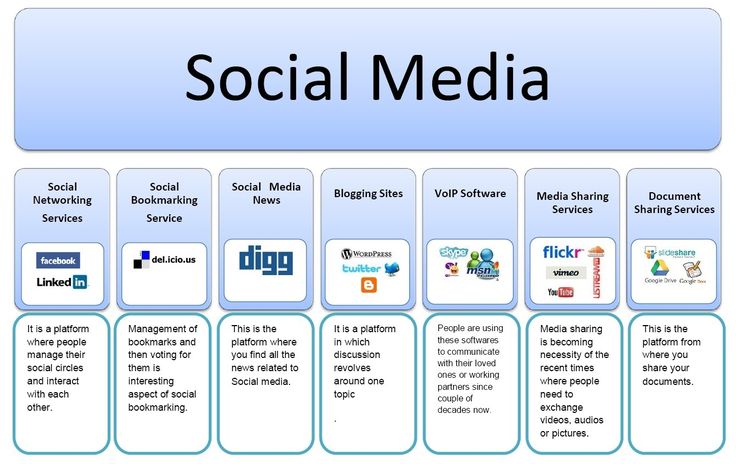 Model this idea by asking questions yourself (“Would you like a hug?”).
Model this idea by asking questions yourself (“Would you like a hug?”).
When they make their boundaries clear and ask for others to do the same, it will make both parties feel much more at-home.
8) Positivity
Working on positivity can make it exponentially easier for your child to tackle many of the other social skills for kids we’ve mentioned, especially patience, boundaries, listening, and sharing.
With a positive attitude, your child will find it easier to make and keep friends, succeed in school, and achieve their goals.
The easiest way to demonstrate positivity is by modeling it. The more positive you are about your child’s social skill development (including their inevitable slip-ups), the more reassured and positive they will become themselves.
This doesn’t mean you have to be positive all the time. In fact, a healthy amount of honest criticism can be beneficial in helping your child learn to express their feelings.
To do this, start with your own emotions.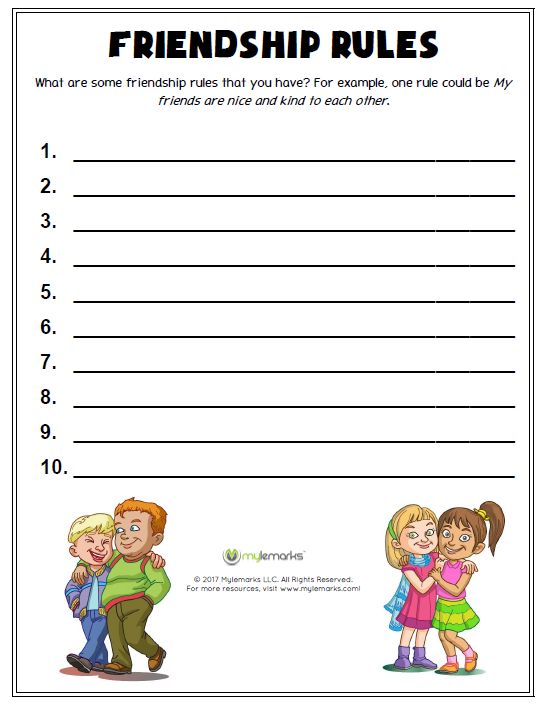 Let them know how you’re feeling and how you’re managing it in real time if you can. Kids need to know it’s OK to be sad, angry, or mad sometimes and how to handle it.
Let them know how you’re feeling and how you’re managing it in real time if you can. Kids need to know it’s OK to be sad, angry, or mad sometimes and how to handle it.
How To Teach Social Skills To Kids
Now that you know what social skills for kids to include, how do you go about teaching them at home? Let’s take a look!
Normalize Mistakes
Your child should know that you do not expect perfection. There is no way to execute all of these social skills every time, everywhere, without mistakes.
That is OK! In fact, it’s encouraged. Mistakes are normal; they’re how we learn what went right or wrong.
Make sure you normalize this for your child. If they know all humans learn lessons this way, it’ll be easier for them to push through the sting of a mistake and try again.
Encourage Sharing (Without Violating Boundaries!)
Although sharing is great and should be encouraged, there may be some things that are special to your child that they don’t want to share.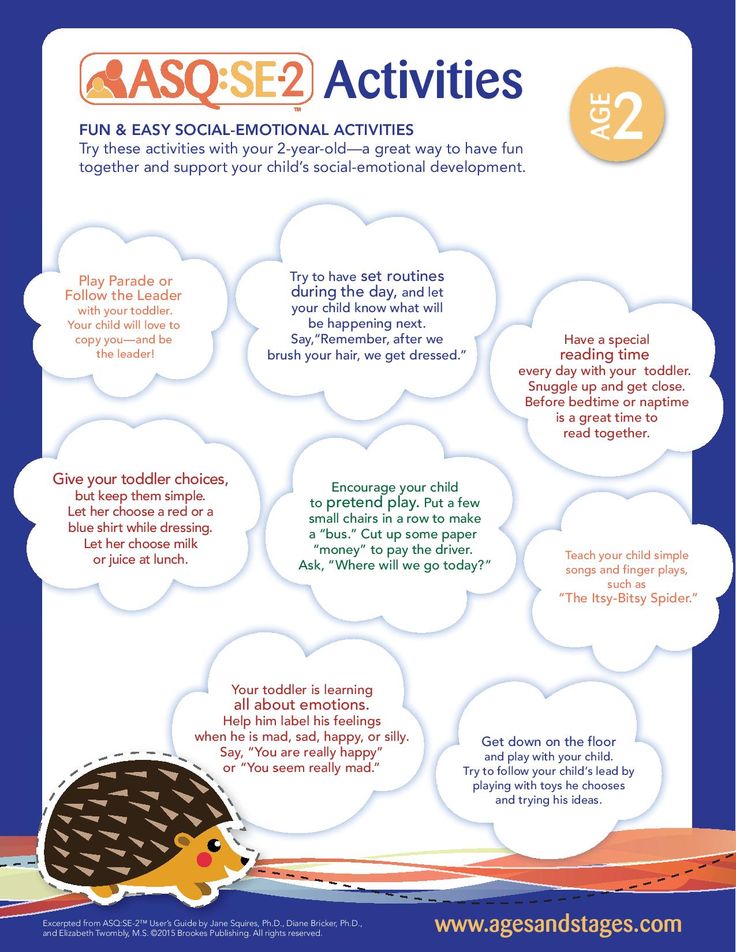 This can be especially true of stuffed animals, blankets, or special toys.
This can be especially true of stuffed animals, blankets, or special toys.
This is OK, too! It’s great for your child to set boundaries that you and other children respect. To encourage sharing, try not to force it.
Encouraging without forcing also demonstrates to kids how boundaries can be created, acknowledged, and respected between people.
This will motivate them to share with those around them by taking comfort in the fact that what is special to them has been kept sacred and separate. It will also encourage them to be direct about their and others’ boundaries when it comes to play, school, or emotional issues.
Check Their Listening
During social interactions within your own family or outside of it, pay attention to your child’s listening skills. You can observe them to see if they are listening carefully.
Do they seem engaged? Are the asking questions?
And remember it is just as important to listen to your child. This shows them that what they are saying is important and encourages them to listen to you in return.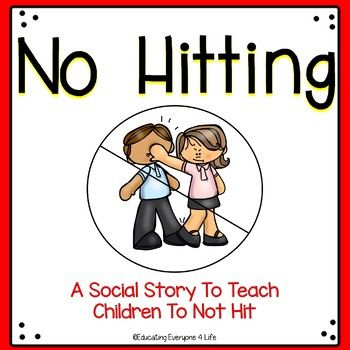
Think About How You Give Directions
In teaching social skills for kids, the parent or authority figure is responsible for ensuring the directions they give are something a young child can execute successfully.
When giving instructions, be clear, firm, and gentle. As we mentioned earlier, children have a very difficult time executing tasks with many directions at once. Start with one direction at a time that your child can focus on.
When giving instructions, have your child repeat what you want them to do. Only give an additional instruction when the first has been completed. Repeat until the task is complete.
Your child can give you directions, too! That way they have a sense of what it takes to delegate, manage, and execute a task from start to finish.
Give Empathy To Get Empathy
Show your child that you think about other people’s emotions, too! This is less of a teaching moment and more of an authentic display of empathy.
If you see that your child is expressing an emotion, validate it for them.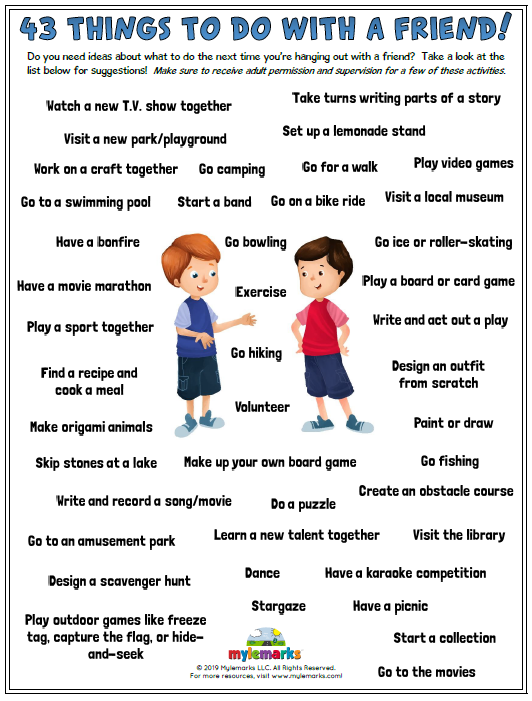 “Oh, I see that you’re excited. I love that you’re so eager and happy to do this!”
“Oh, I see that you’re excited. I love that you’re so eager and happy to do this!”
You can acknowledge negative emotions, too. For example, you might say, “I know that must make you angry. Do you know how I can tell? What can we do together to make you feel less unhappy?”
This not only helps them feel seen and heard in the moment, but it also gives them a direct example of how to tackle empathy with others in similar situations.
Social Skills For Kids Are Essential
The more your child experiences the benefits of social skills, the more intuitive these skills will become for them. However, all children learn at different rates. With practice (and patience!), we know they’ll get there.
The Learn with Sesame Street app is an effective tool that helps kids learn and develop their social and emotional skills. With the help of their Sesame Street friends, kids learn how to express their emotions, empathize with others, and create healthy relationships. Explore the Learn with Sesame Street app today!
Author
Social Development in Preschoolers - HealthyChildren.
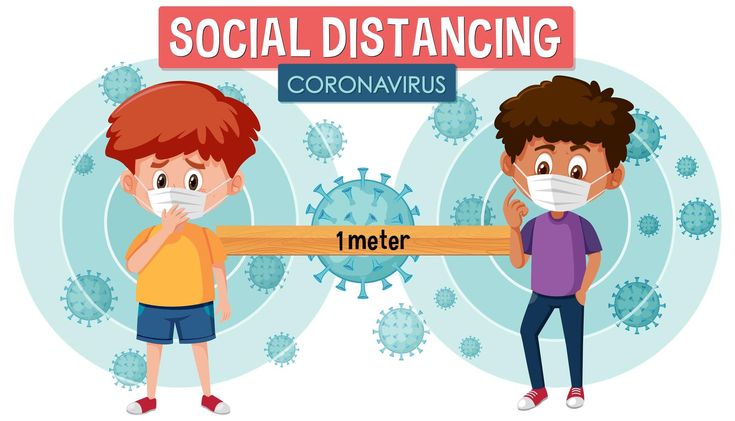 org
orgDuring your child's preschool-age years, they'll discover a lot about themselves and interacting with people around them.
Once they reach age three, your child will be much less selfish than they were before. They'll also be less dependent on you, a sign that their own sense of identity is stronger and more secure. Now they'll actually play with other children, interacting instead of just playing side by side. In the process, they'll recognize that not everyone thinks exactly as they do and that each of their playmates has many unique qualities, some attractive and some not. You'll also find your child drifting toward certain kids and starting to develop friendships with them. As they create these friendships, children discover that they, too, each have special qualities that make them likable—a revelation that gives a vital boost to self-esteem.
There's some more good news about your child's development at this age: As they become more aware of and sensitive to the feelings and actions of others, they'll gradually stop competing and will learn to cooperate when playing with her friends.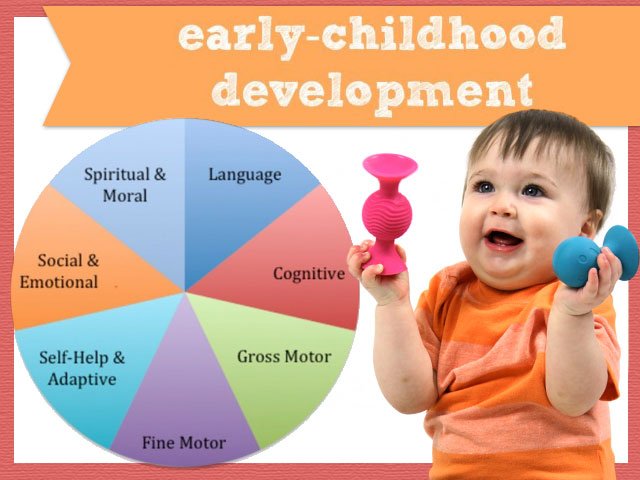 They take turns and share toys in small groups, though sometimes they won't. But instead of grabbing, whining, or screaming for something, they'll actually ask politely much of the time. You can look forward to less aggressive behavior and calmer play sessions. Three-year-olds are able to work out solutions to disputes by taking turns or trading toys.
They take turns and share toys in small groups, though sometimes they won't. But instead of grabbing, whining, or screaming for something, they'll actually ask politely much of the time. You can look forward to less aggressive behavior and calmer play sessions. Three-year-olds are able to work out solutions to disputes by taking turns or trading toys.
Learning how to cooperate
However, particularly in the beginning, you'll need to encourage this cooperation. For instance, you might suggest that they "use their words" to deal with problems instead of acting out. Also, remind them that when two children are sharing a toy, each gets an equal turn. Suggest ways to reach a simple solution when your child and another child want the same toy, such as drawing for the first turn or finding another toy or activity. This doesn't work all the time, but it's worth a try. Also, help children with the appropriate words to describe their feelings and desires so that they don't feel frustrated.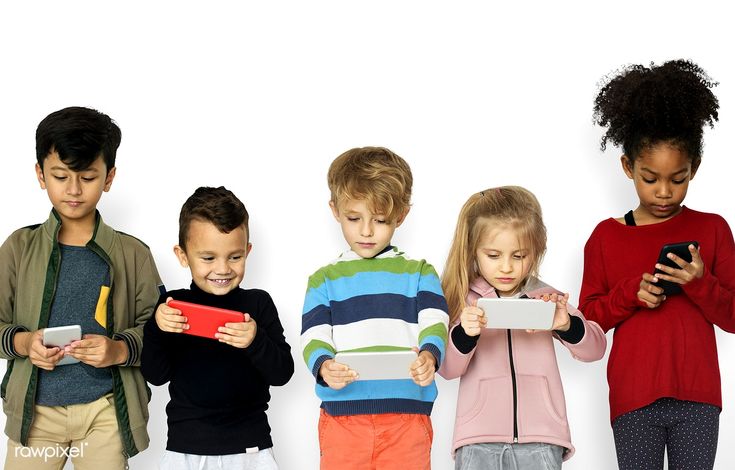 Above all, show by your own example how to cope peacefully with conflicts. If you have an explosive temper, try to tone down your reactions in their presence. Otherwise, they'll mimic your behavior whenever they're under stress.
Above all, show by your own example how to cope peacefully with conflicts. If you have an explosive temper, try to tone down your reactions in their presence. Otherwise, they'll mimic your behavior whenever they're under stress.
When anger or frustration gets physical
No matter what you do, however, there probably will be times when your child's anger or frustration becomes physical. When that happens, restrain them from hurting others, and if they don't calm down quickly, move them away from the other children. Talk to them about her feelings and try to determine why they're so upset. Let them know you understand and accept her feelings, but make it clear that physically attacking another child is not a good way to express these emotions.
Saying sorry
Help them see the situation from the other child's point of view by reminding them of a time when someone hit or screamed at them, and then suggest more peaceful ways to resolve their conflicts. Finally, once they understand what they've done wrong—but not before—ask them to apologize to the other child. However, simply saying "I'm sorry" may not help your child correct their behavior; they also needs to know why they're apologizing. They may not understand right away, but give it time; by age four these explanations will begin to mean something.
However, simply saying "I'm sorry" may not help your child correct their behavior; they also needs to know why they're apologizing. They may not understand right away, but give it time; by age four these explanations will begin to mean something.
Make-believe play
Fortunately, the normal interests of three-year-olds keep fights to a minimum. They spend much of their playtime in fantasy activity, which tends to be more cooperative than play that's focused on toys or games. As you've probably already seen, preschooler enjoy assigning different roles in an elaborate game of make-believe using imaginary or household objects. This type of play helps develop important social skills, such as taking turns, paying attention, communicating (through actions and expressions as well as words), and responding to one another's actions. And there's still another benefit: Because pretend play allows children to slip into any role they wish—including superheroes or the fairy godmother—it also helps them explore more complex social ideas.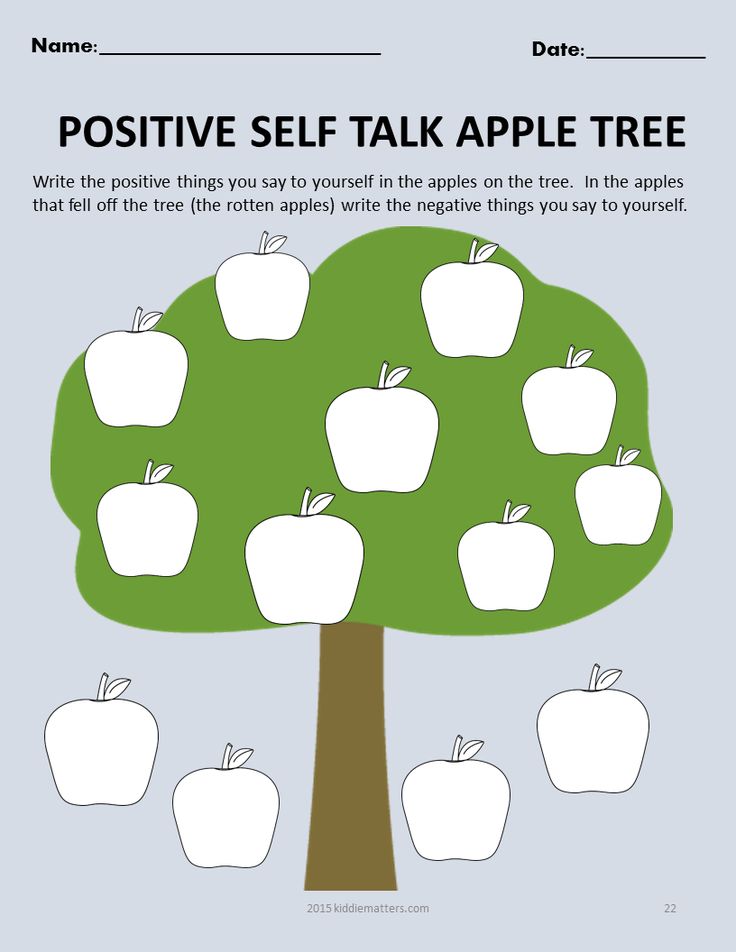 Plus it helps improve executive functioning such as problem-solving
Plus it helps improve executive functioning such as problem-solving
By watching the role-playing in your child's make-believe games, you may see that they're beginning to identify their own gender and gender identity. While playing house, boys naturally will adopt the father's role and girls the mother's, reflecting whatever they've noticed in the hemworld around them.
Development of gender roles & identity
Research shows that a few of the developmental and behavioral differences that typically distinguish boys from girls are biologically determined. Most gender-related characteristics at this age are more likely to be shaped by culture and family. Your daughter, for example, may be encouraged to play with dolls by advertisements, gifts from well-meaning relatives, and the approving comments of adults and other children. Boys, meanwhile, may be guided away from dolls in favor of more rough-and-tumble games and sports. Children sense the approval and disapproval and adjust their behavior accordingly.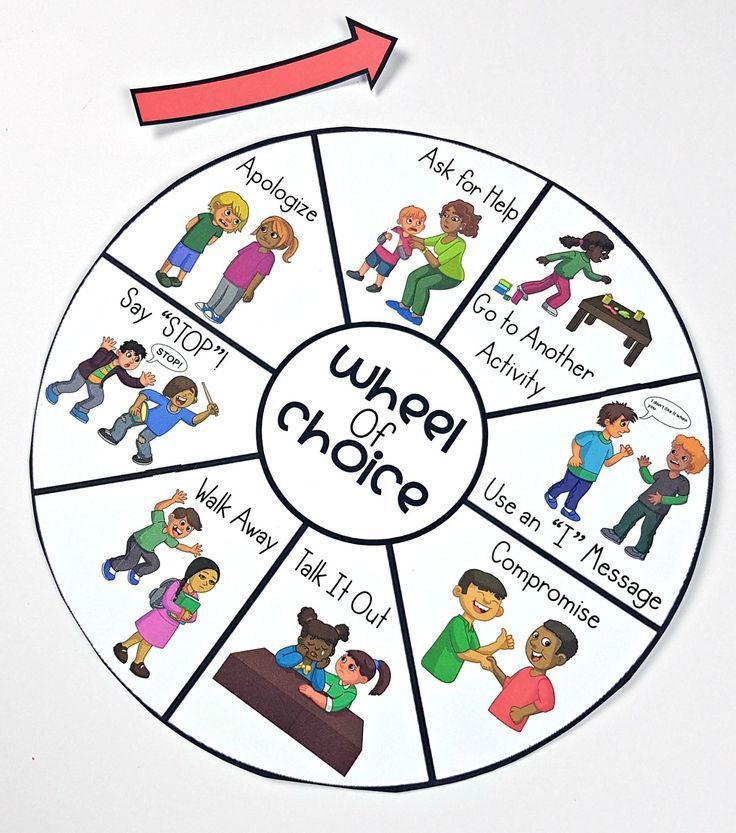 Thus, by the time they enter kindergarten, children's gender identities are often well established.
Thus, by the time they enter kindergarten, children's gender identities are often well established.
As children start to think in categories, they often understand the boundaries of these labels without understanding that boundaries can be flexible; children this age often will take this identification process to an extreme. Girls may insist on wearing dresses, nail polish, and makeup to school or to the playground. Boys may swagger, be overly assertive, and carry their favorite ball, bat, or truck everywhere.
On the other hand, some girls and boys reject these stereotypical expressions of gender identity, preferring to choose toys, playmates, interests, mannerisms, and hairstyles that are more often associated with the opposite sex. These children are sometimes called gender expansive, gender variant, gender nonconforming, gender creative, or gender atypical. Among these gender expansive children are some who may come to feel that their deep inner sense of being female or male—their gender identity—is the opposite of their biologic sex, somewhere in between male and female, or another gender; these children are sometimes called transgender.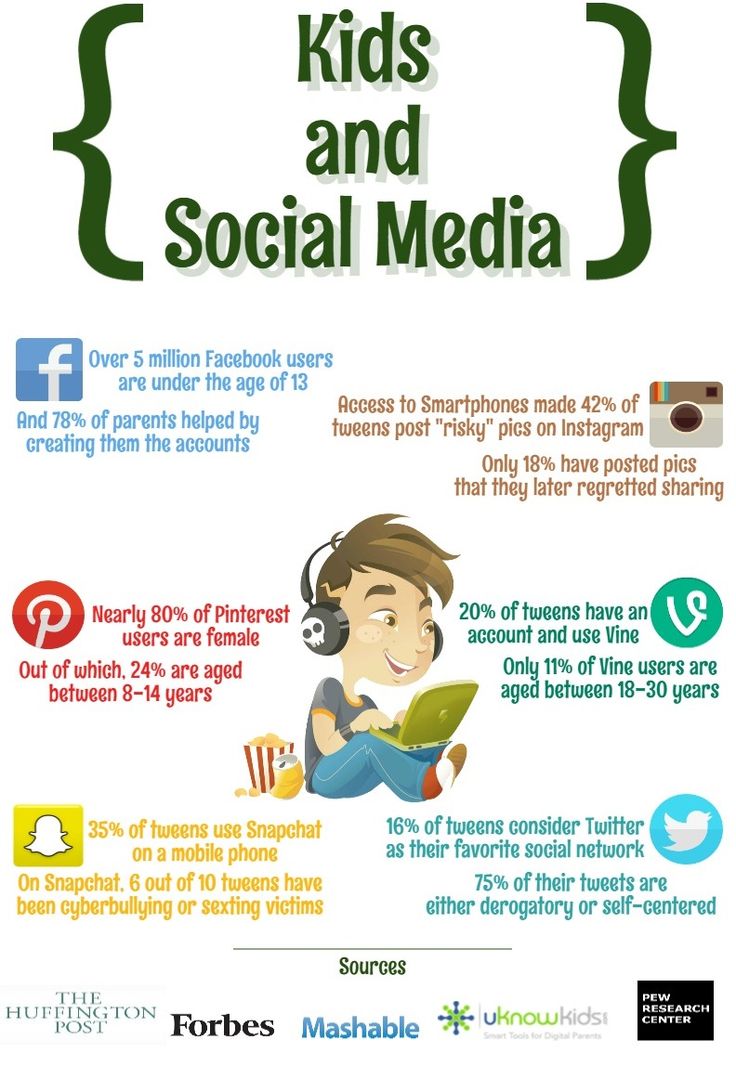
Given that many three-year-old children are doubling down on gender stereotypes, this can be an age in which a gender-expansive child stands out from the crowd. These children are normal and healthy, but it can be difficult for parents to navigate their child's expression and identity if it is different from their expectations or the expectations of those around them.
Experimenting with gender attitudes & behaviors
As children develop their own identity during these early years, they're bound to experiment with attitudes and behaviors of both sexes. There's rarely reason to discourage such impulses, except when the child is resisting or rejecting strongly established cultural standards. If your son wanted to wear dresses every day or your daughter only wants to wear sport shorts like her big brother, allow the phase to pass unless it is inappropriate for a specific event. If the child persists, however, or seems unusually upset about their gender, discuss the issue with your pediatrician.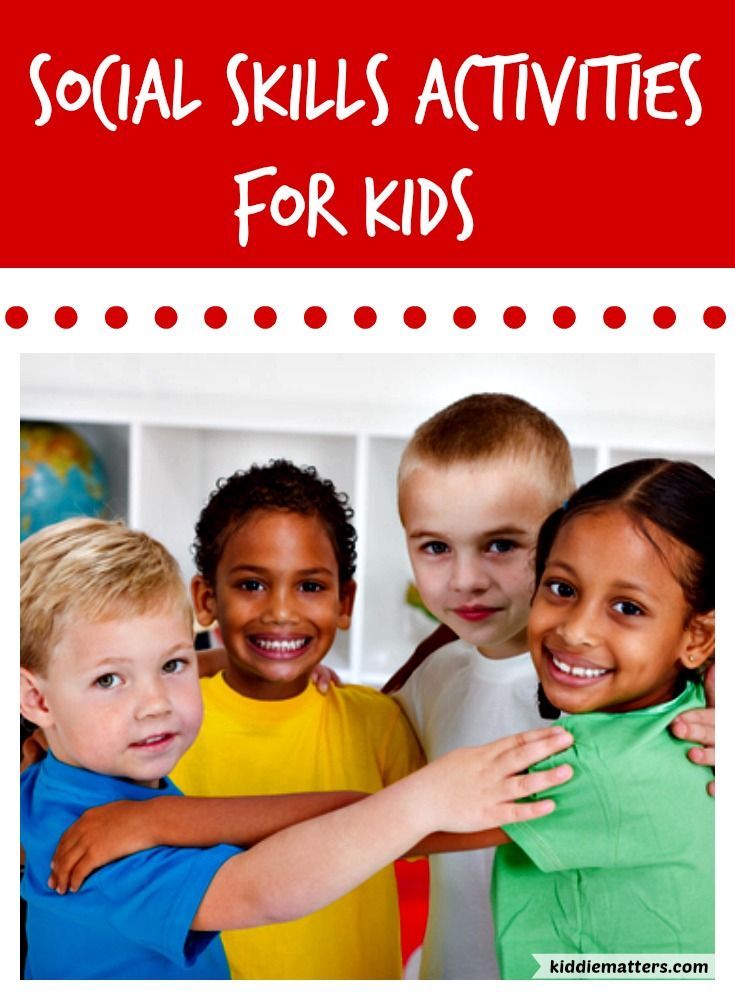
Your child also may imitate certain types of behavior that adults consider sexual, such as flirting. Children this age have no mature sexual intentions, though; they mimic these mannerisms. If the imitation of sexual behavior is explicit, though, they may have been personally exposed to sexual acts. You should discuss this with your pediatrician, as it could be a sign of sexual abuse or the influence of inappropriate media or videogames.
Play sessions: helping your child make friends
By age four, your child should have an active social life filled with friends, and they may even have a "best friend." Ideally, they'll have neighborhood and preschool friends they see routinely. But what if your child is not enrolled in preschool and doesn't live near other children the same age? In these cases, you might arrange play sessions with other preschoolers. Parks, playgrounds, and preschool activity programs all provide excellent opportunities to meet other children.
Once your preschooler has found playmates they seems to enjoy, you need to take initiative to help build their relationships.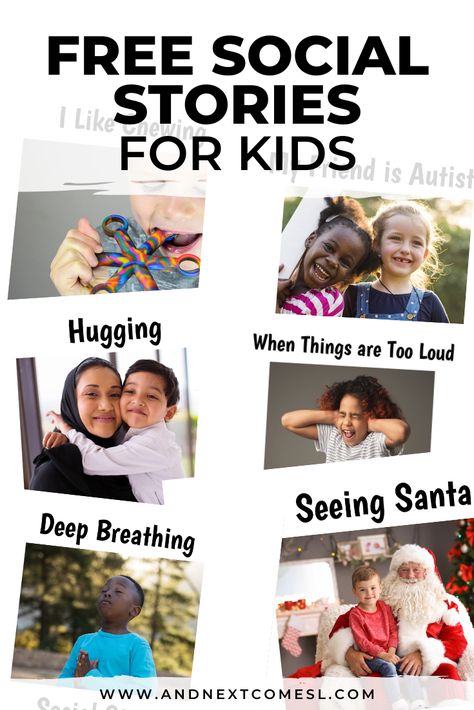 Encourage them to invite these friends to your home. It's important for your child to "show off" their home, family, and possessions to other children. This will establish a sense of self-pride. Incidentally, to generate this pride, their home needn't be luxurious or filled with expensive toys; it needs only be warm and welcoming.
Encourage them to invite these friends to your home. It's important for your child to "show off" their home, family, and possessions to other children. This will establish a sense of self-pride. Incidentally, to generate this pride, their home needn't be luxurious or filled with expensive toys; it needs only be warm and welcoming.
It's also important to recognize that at this age your child's friends are not just playmates. They also actively influence their thinking and behavior. They'll desperately want to be just like them, even when they break rules and standards you've taught them rrm birth. They now realize there are other values and opinions besides yours, and they may test this new discovery by demanding things you've never allowed him—certain toys, foods, clothing, or permission to watch certain TV programs.
Testing limits
Don't despair if your child's relationship with you changes dramatically in light of these new friendships. They may be rude to you for the first time in their life.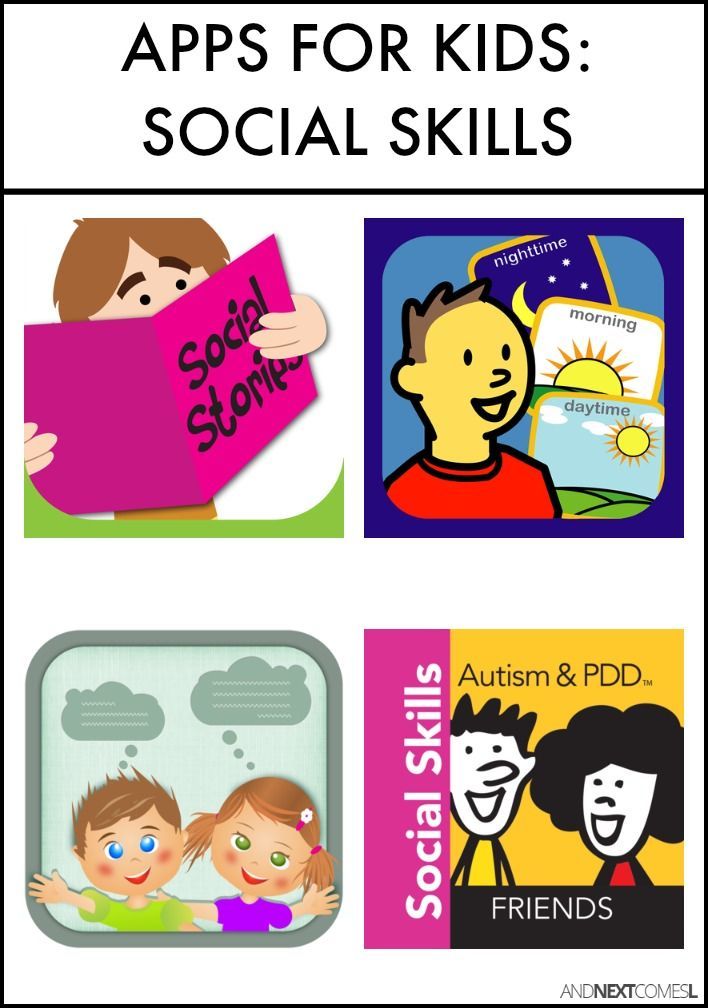 Hard as it may be to accept, this sassiness actually is a positive sign that they're learning to challenge authority and test their independence. Once again, deal with it by expressing disapproval, and possibly discussing with them what they really mean or feel. If you react emotionally, you'll encourage continued bad behavior. If the subdued approach doesn't work and they persist in talking back to you, a time-out (or time-in) is the most effective form of punishment.
Hard as it may be to accept, this sassiness actually is a positive sign that they're learning to challenge authority and test their independence. Once again, deal with it by expressing disapproval, and possibly discussing with them what they really mean or feel. If you react emotionally, you'll encourage continued bad behavior. If the subdued approach doesn't work and they persist in talking back to you, a time-out (or time-in) is the most effective form of punishment.
Bear in mind that even though your child is exploring the concepts of good and bad, they still have an extremely simplified sense of morality. When they obey rules rigidly, it's not necessarily because they understand them, but more likely because they wants to avoid punishment. In their mind, consequences count but not intentions. When theybreaks something of value, they'll probably assume they are bad, even if they didn't brea it on purpose. They need to be taught the difference between accidents and misbehaving.
Separate the child from their behavior
To help them learn this difference, you need to separate them from their behavior.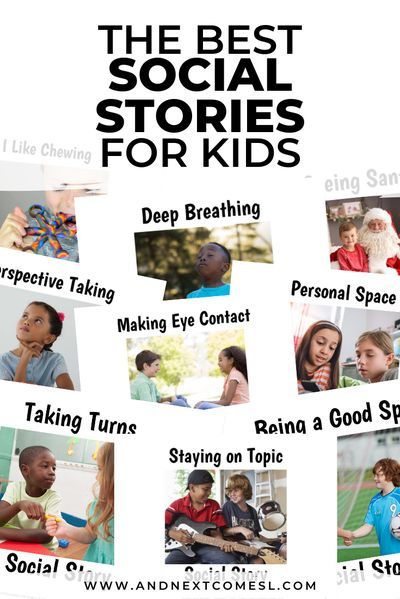 When they do or say something that calls for punishment, make sure they understand they are being punished for the act not because they're "bad." Describe specifically what they did wrong, clearly separating person from behavior. If they are picking on a younger sibling, explain why it is wrong rather than saying "You're bad." When they do something wrong without meaning to, comfort them and say you understand it was unintentional. Try not to get upset, or they'll think you're angry at them rather than about what they did.
When they do or say something that calls for punishment, make sure they understand they are being punished for the act not because they're "bad." Describe specifically what they did wrong, clearly separating person from behavior. If they are picking on a younger sibling, explain why it is wrong rather than saying "You're bad." When they do something wrong without meaning to, comfort them and say you understand it was unintentional. Try not to get upset, or they'll think you're angry at them rather than about what they did.
It's also important to give your preschooler tasks that you know they can do and then praise them when they do them well. They are ready for simple responsibilities, such as setting the table or cleaning their room. On family outings, explain that you expect them to behave well, and congratulate them when they do. Along with responsibilities, give them ample opportunities to play with other children, and tell him how proud you are when they shares or is helpful to another child.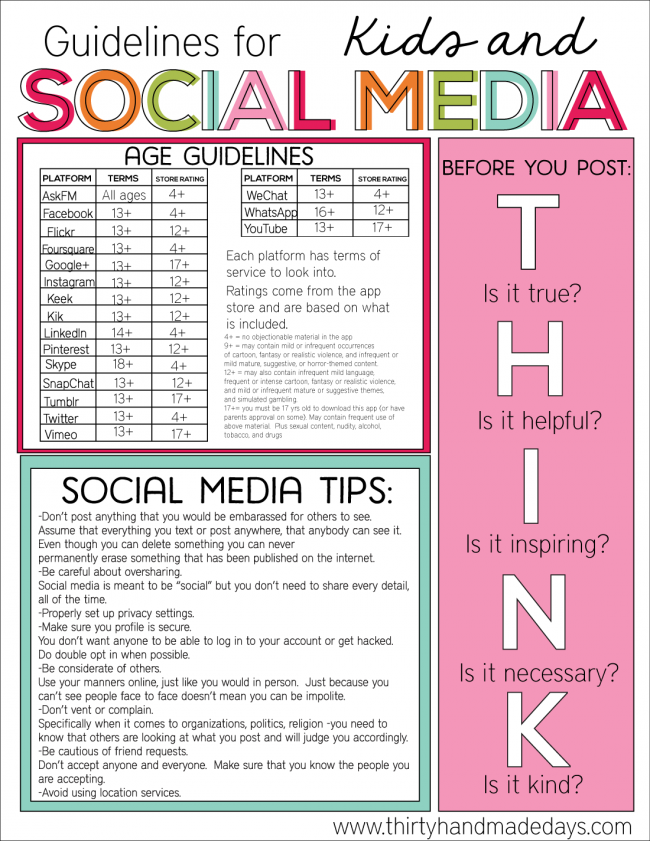
Sibling relationships
Finally, it's important to recognize that the relationship with older siblings can be particularly challenging, especially if the sibling is three to four years older. Often your four-year-old is eager to do everything their older sibling is doing; just as often, your older child resents the intrusion. They may resent the intrusion on their space, their friends, their more daring and busy pace, and especially their room and things. You often become the mediator of these squabbles. It's important to seek middle ground. Allow your older child their own time, independence, and private activities and space; but also foster cooperative play appropriate. Family vacations are great opportunities to enhance the positives of their relationship and at the same time give each their own activity and special time.
The information contained on this Web site should not be used as a substitute for the medical care and advice of your pediatrician.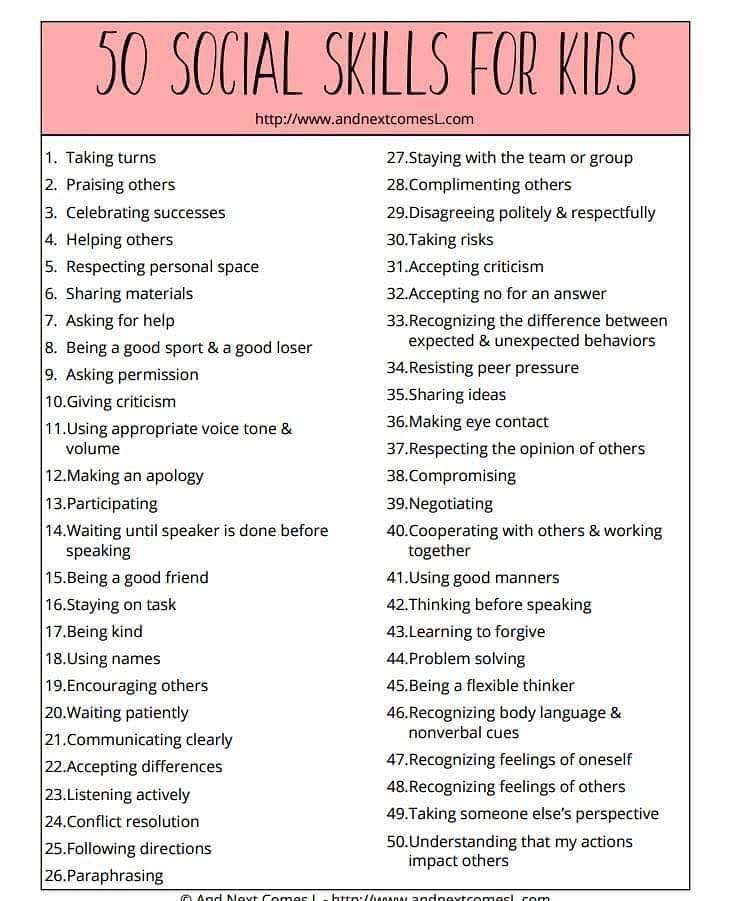 There may be variations in treatment that your pediatrician may recommend based on individual facts and circumstances.
There may be variations in treatment that your pediatrician may recommend based on individual facts and circumstances.
Ministry of Social Policy of the Nizhny Novgorod Region
As part of the implementation of Decree of the Government of the Russian Federation dated August 31, 2016 No. 1839-r “On approval of the Concept for the development of early intervention in the Russian Federation for the period up to 2020”, an information campaign is being conducted in the Nizhny Novgorod Region to provide early intervention to children and prevent disability.
On the basis of institutions of social services for families and children subordinate to the Ministry of Social Policy of the Nizhny Novgorod Region, there are 31 specialized family and child support services. nine0003
15 centers for social assistance to families and children provide counseling services for families with children on social, psychological, pedagogical and legal issues.
On the basis of institutions of social service for families and children, departments of day care function.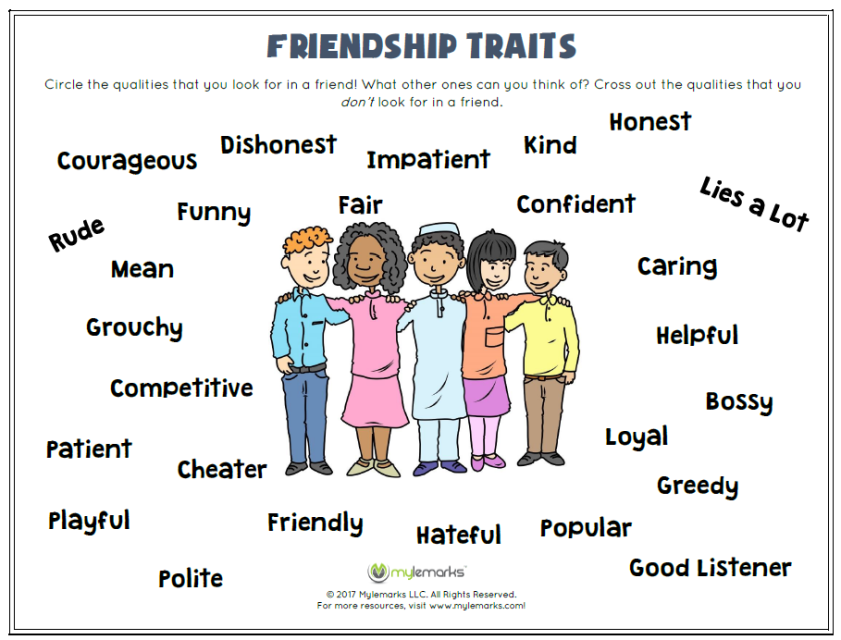
In the Nizhny Novgorod region there is a single all-Russian children's helpline number 8-800-2000-122. Specialists are ready to advise on child-parent and child-child relationships, interpersonal conflicts and other problems. nine0003
The Ministry of Social Policy of the Nizhny Novgorod Region organizes recreation for children in difficult life situations and socially dangerous situations, who are under the patronage of the social protection authorities.
The Ministry of Social Policy of the Nizhny Novgorod Region organizes recreation for children in difficult life situations and socially dangerous situations, who are under the patronage of the social protection authorities.
From September 1, 2012, the training of citizens who have expressed to accept orphans in a family is mandatory. You can get special training in schools for foster parents, which operate on the basis of social service institutions for families and children. nine0003
Currently, there are 34 specialized institutions for minors in need of social rehabilitation in the Nizhny Novgorod region: 6 social shelters for children and adolescents and 28 social rehabilitation centers for minors
The Ministry of Social Policy of the Nizhny Novgorod Region exercises the authority to ensure the activities of the commission for minors and protect their rights under the Government of the Nizhny Novgorod Region (hereinafter referred to as the Commission).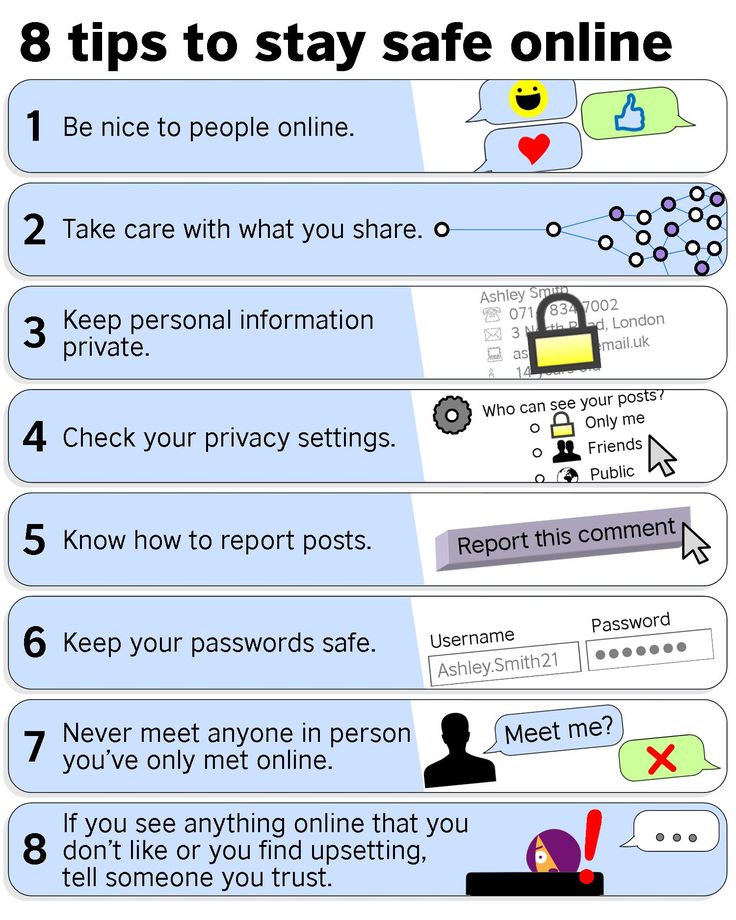 In the Nizhny Novgorod region, there is a regional Commission and 60 municipal Commissions, the work of which is supported by 96 specialists.
In the Nizhny Novgorod region, there is a regional Commission and 60 municipal Commissions, the work of which is supported by 96 specialists.
On the basis of the state institution “Social and Rehabilitation Center for Minors “Vera” of the Moskovsky District of the City of Nizhny Novgorod” (hereinafter - SRTSN Vera), located at the address: Nizhny Novgorod, st. Levinskaya, d. 9, telephone 8 (831) 270-81-00, there is an experimental platform for the prevention of alcoholism and drug addiction of minors.
On the basis of the state institution "Social and rehabilitation center for minors "Smile" of the Avtozavodsky district of the city of Nizhny Novgorod" (N.Novgorod, Turnirnaya st., 2, telephone: 8 (831) 256-26-10 there is a specialized inpatient care unit for children who have been victims of violence
The preservation of family values and traditions, the strengthening and development of the social institution of the family are priority tasks of the state family policy in the Nizhny Novgorod Region.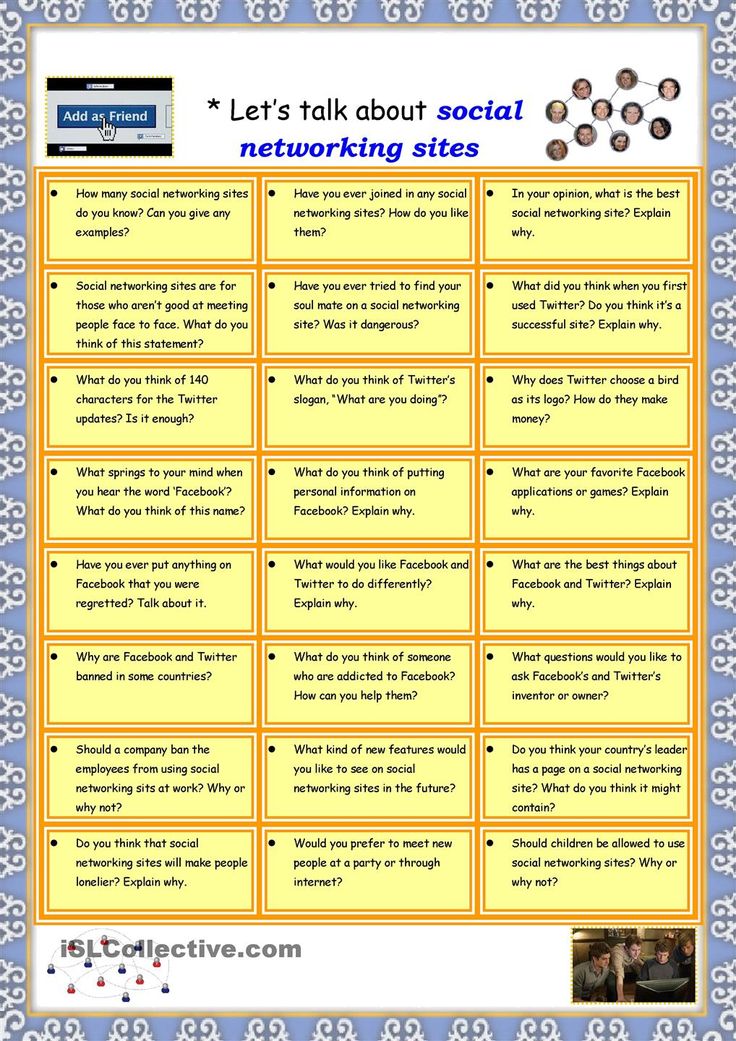
The Ministry of Social Policy of the Nizhny Novgorod Region pays special attention to the task of reviving the prestige of Nizhny Novgorod families and increasing the importance of parenting.
The social project "Safe Internet for Children in Difficult Life Situations" is being implemented by the Ministry of Social Policy of the Nizhny Novgorod Region in cooperation with the Nizhny Novgorod Regional Public Charitable Foundation for Helping Orphans. nine0003
The main task of the Center is to provide social support to pregnant women and women with babies who are in a difficult life situation, living in cities and district centers of the Nizhny Novgorod region.
| No. | Full name of SME in accordance with NPA | Regulatory legal act that establishes SME |
| 1 | One-time compensation payment at the birth of a child (adoption under the age of six months) for the purchase of items of children's assortment and baby food | Law of St.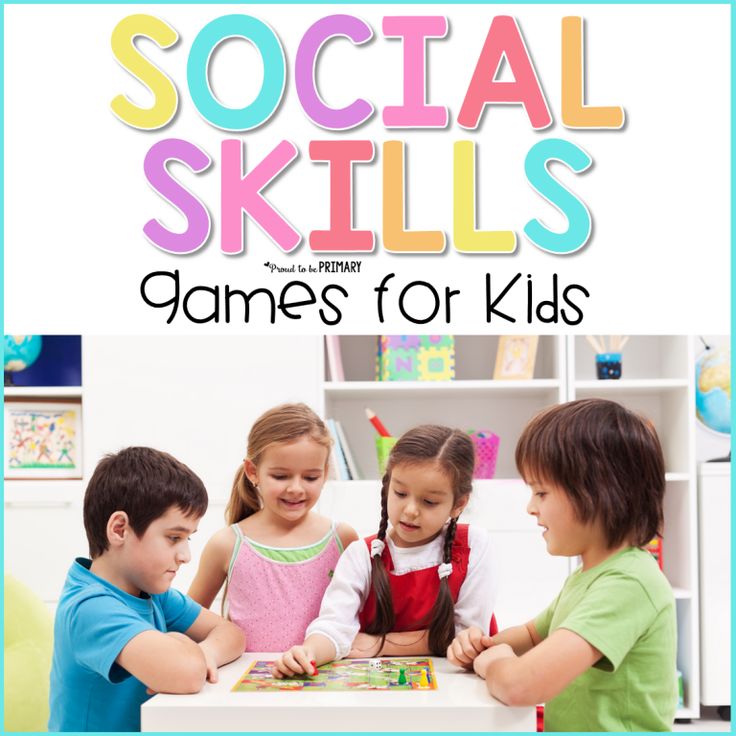 Petersburg dated November 9, 2011 No. 728-132 "Social Code of St. Petersburg" Petersburg dated November 9, 2011 No. 728-132 "Social Code of St. Petersburg" |
| 2 | Lump-sum allowance for the pregnant wife of a conscripted military serviceman | Federal Law of the Russian Federation of May 19, 1995 No. 81-FZ "On State Benefits for Citizens with Children" |
| 3 | One-time allowance for the transfer of a child to be raised in a family | Federal Law of the Russian Federation of May 19, 1995 No. 81-FZ "On State Benefits for Citizens with Children" |
| 4 | One-time allowance for the birth of a child | Federal Law of the Russian Federation of May 19, 1995 No. 81-FZ "On State Benefits for Citizens with Children" |
| 5 | Annual compensation payment for children from large families studying in educational organizations that implement educational programs of primary general, basic general, secondary general education and secondary vocational education for training programs for skilled workers (employees), but not older than 18 years | Law of St.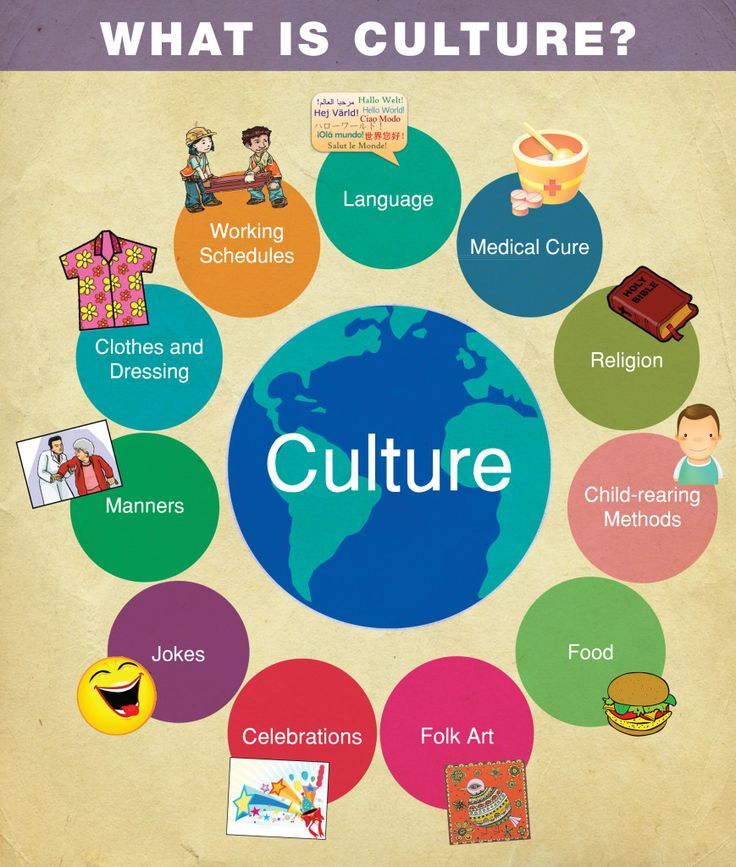 Petersburg dated November 9, 2011 No. 728-132 "Social Code of St. Petersburg" Petersburg dated November 9, 2011 No. 728-132 "Social Code of St. Petersburg" |
| 6 | Annual compensation for a non-disabled child under 18 with celiac disease | Law of St. Petersburg dated November 9, 2011 No. 728-132 "Social Code of St. Petersburg" |
| 7 | Monthly cash payment to families at the birth (adoption) of the third or subsequent children in the period from January 1, 2013 (from January 1, 2016 - in case of adoption) until the child reaches the age of 3 years | Law of St. Petersburg dated November 9, 2011 No. 728-132 "Social Code of St. Petersburg" |
| 8 | Monthly compensation payment for reimbursement of expenses in connection with the increase in the cost of living for children from large families receiving a survivor's pension | Law of St. Petersburg dated November 9, 2011 No. 728-132 "Social Code of St. Petersburg" |
| 9 | Monthly social allowance for student families | Law of St. Petersburg dated November 9, 2011 No. 728-132 "Social Code of St. Petersburg" (Chapter 5) Petersburg dated November 9, 2011 No. 728-132 "Social Code of St. Petersburg" (Chapter 5) Decree of the Government of St. Petersburg dated May 22, 2013 No. 343 “On the Implementation of Chapter 5 “Social Support for Families with Children” of the St. Petersburg Law “Social Code of St. Petersburg” |
| 10 | Monthly allowance for an HIV-infected child under the age of 18 for the purchase of children's (teenager's) goods, baby food, special dairy products for baby food | Law of St. Petersburg dated November 9, 2011 No. 728-132 "Social Code of St. Petersburg" |
| 11 | Monthly allowance for a child aged 7 to 16 or until graduation from an educational institution that implements educational programs of primary general, basic general, secondary general education, but not older than 18 years | Law of St. Petersburg dated November 9, 2011 No. 728-132 "Social Code of St. Petersburg" |
| 12 | Monthly allowance for a child aged 1.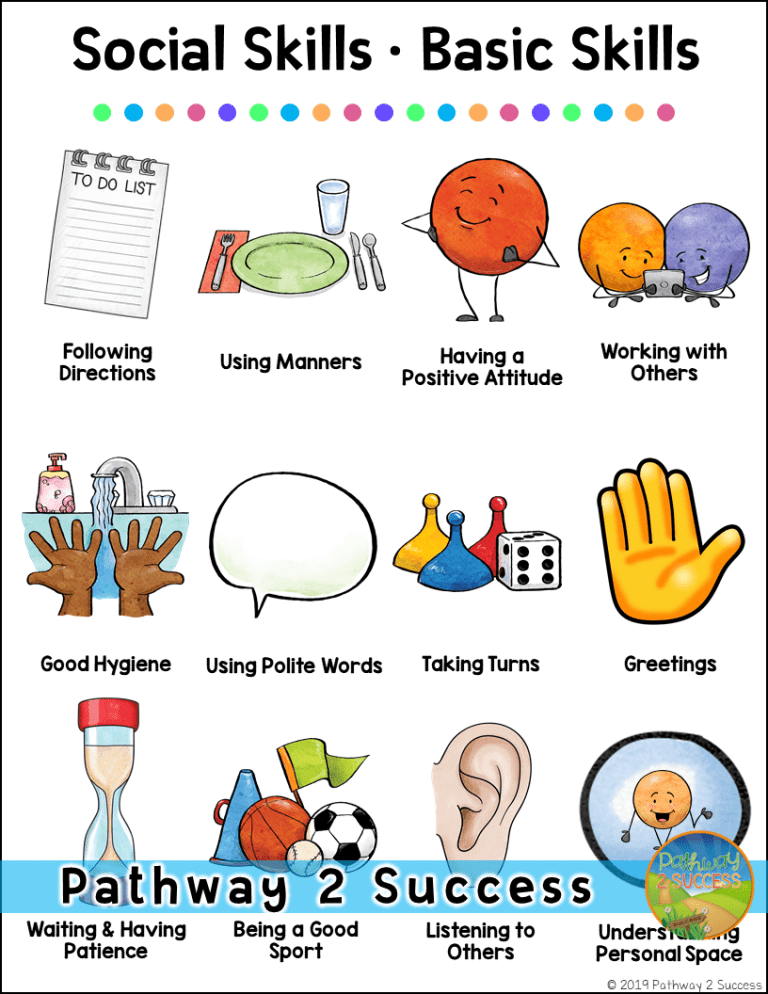 5 to 7 years for the purchase of children's assortment, baby food, special dairy products for baby food 5 to 7 years for the purchase of children's assortment, baby food, special dairy products for baby food | Law of St. Petersburg dated November 9, 2011 No. 728-132 "Social Code of St. Petersburg" |
| 13 | Monthly allowance for a child from birth to 18 years old from a family where both legal representatives (the only legal representative) are disabled people of groups I and (or) II, for the purchase of children's (teenager) goods, baby food, special dairy products baby food | Law of St. Petersburg dated November 9, 2011 No. 728-132 "Social Code of St. Petersburg" |
| 14 | Monthly allowance for a child from birth to one and a half years of age for the purchase of children's goods and baby food | Law of St. Petersburg dated November 9, 2011 No. 728-132 "Social Code of St. Petersburg" |
| 15 | Monthly allowance for a child of a military serviceman on conscription | Federal Law of the Russian Federation of May 19, 1995 No.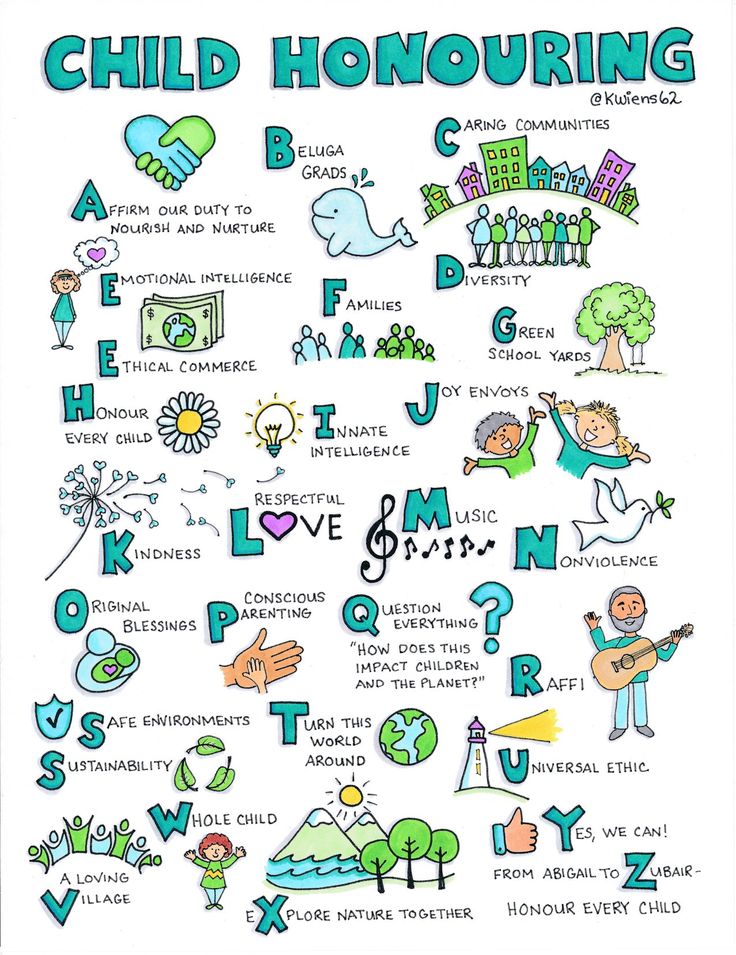 81-FZ "On State Benefits for Citizens with Children" 81-FZ "On State Benefits for Citizens with Children" |
| 16 | Monthly allowance for a disabled child aged from birth to 18 years old from a family where both legal representatives (the only legal representative) are disabled people of groups I and (or) II, for the purchase of children's (teenager) goods, baby food, special dairy products baby food | Law of St. Petersburg dated November 9, 2011 No. 728-132 "Social Code of St. Petersburg" |
| 17 | Monthly allowance for a disabled child aged from birth to 18 for the purchase of children's (teenager's) goods, baby food, special dairy products for baby food | Law of St. Petersburg dated November 9, 2011 No. 728-132 "Social Code of St. Petersburg" |
| 18 | Monthly allowance for a disabled child with special needs for the purchase of children's (teenager) goods, baby food, special dairy products | Law of St. Petersburg dated November 9, 2011 No.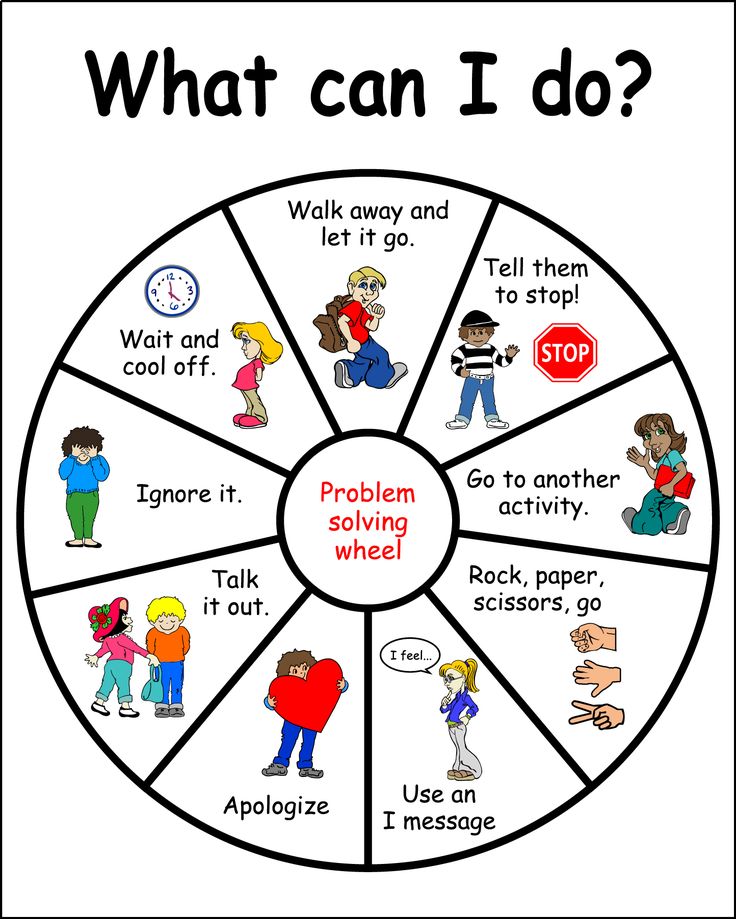 |



